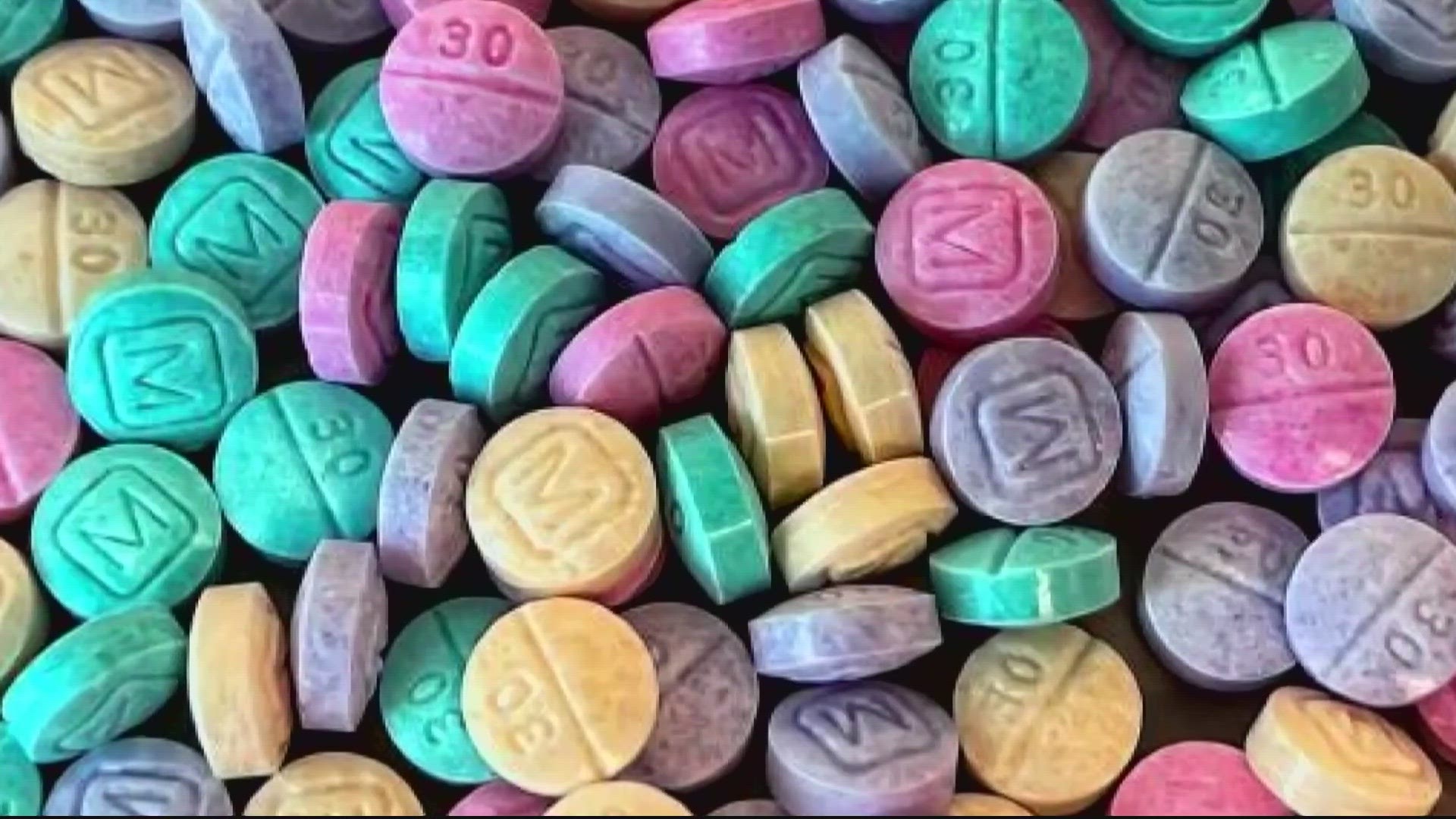WASHINGTON — Children's National Hospital is reporting an alarming rate of young people suffering from fentanyl overdoses. One of the lead doctors caring for these patients says the case load is reaching crisis levels.
Children as young as 12 are flooding emergency rooms and treatment centers suffering from fentanyl overdoses.
“Within the last year or two it's just massively skyrocketed," said Dr. Meghan Schott, medical director of psychiatric emergency services at Children’s National Hospital. "We’re absolutely reaching a crisis amongst our young people."
The problem has become so urgent, so quickly that doctors have not had a chance to even collect data.
“But what I can tell you prior to November, we (she and her addiction colleague) were seeing one to two referrals a month for opiate use disorder," Schott explained. "After November, he's seeing about 8 to 10 a month. In the past week, I've personally made four referrals for suboxone use into the community. Prior to that, I maybe would see one to four a year.”
Dr. Schott said she’s spoken to patients who tell her their fentanyl use was intentional.
“They say, ‘I know, it's fentanyl. I know that's what's in it. What else would it be?’" Schott said. "The child themselves told me 98% of the stuff in the street has fentanyl."
Schott believes the stigma and pediatricians who are not trained to identify or treat opioid abuse in kids are both factors driving the spike.
“[We're seeing] a lot of primarily Spanish speaking, or sometimes even only Spanish speaking, [patients], which also creates its own issues because we don't have providers in the community that can address that,” Schott said, referencing another troubling trend she is noticing.
The doctor suggested parents, teachers and caretakers look for these warning signs in children:
- Change in behavior
- Drop in grades
- Isolation or sudden change in friends
- Pieces of discarded foil
- Smell of burnt plastic
- Black fingertips
“This is a problem and I'm glad we're finally recognizing it, and we're starting to make those solutions," Dr. Schott said. "So, all is not lost. We just have to be a little better at recognizing it."
For more information on how to talk to your children, check out these resources.

